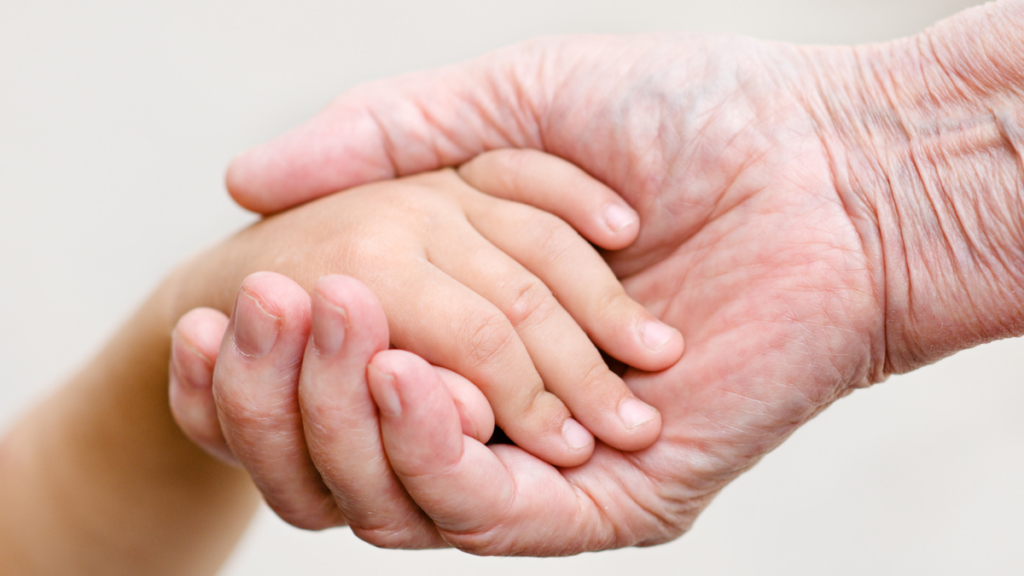Faced with an acute demographic crisis and a high poverty rate among the elderly, Croatia is exploring innovative solutions. In Samobor, a small town located about twenty kilometers from Zagreb, a unique initiative has emerged: paying grandparents who look after their grandchildren due to a lack of nursery spots. This original scheme, launched at the end of March 2025, aims to address two major issues simultaneously: the shortage of childcare options and the precariousness of elderly people.

- In Samobor (Croatia), grandparents who look after their grandchildren are paid €360/month to make up for the lack of nursery places.
- The initiative responds to a dual crisis: a shortage of childcare options and poverty among senior citizens (37% live below the poverty line).
- Inspired by Sweden, the measure strengthens family ties and provides valuable financial support for the elderly.
- The scheme has already attracted some thirty families and is attracting interest from other Croatian municipalities.
- This model of solidarity could become a national lever in the face of the country’s demographic decline.
A double challenge: limited childcare and senior poverty
In Croatia, a country of 3.8 million inhabitants, children start school at the age of six. In the meantime, nursery spots remain insufficient: several thousand children are unable to find childcare every year, particularly in large cities like Zagreb. At the same time, in 2024, more than 37% of people over the age of 65 were living below the poverty line—twice the European average.
In this context, the city of Samobor has become a pioneer by offering monthly compensation to grandparents who care for their grandchildren under the age of four when no public nursery place is available.

A measure inspired by the Swedish model
The initiative is led by Samobor’s mayor, Petra Skrobot, a member of the liberal Fokus party. She was inspired by a similar program in effect in Sweden. “The benefits are numerous,” she told AFP. “Pensions are quite low, and for parents, it is sometimes difficult to find childcare.”
The municipality provides a subsidy of 360 euros per month per child, an amount already allocated to other childcare options such as private kindergartens or childminders. Now, this financial support also applies to grandparents, who are considered a key link in intergenerational solidarity.
A solution that strengthens family bonds in Croatia
Since the implementation of the program, nearly 30 grandparents have submitted their applications. Among them is Dubravka Koletic, 60, who looks after her 18-month-old grandson Viktor. She welcomes the measure: “We earn a few euros, which is good because our pensions are low, and we spend a lot of time with our grandchildren.” She also highlights the strengthened bond with Viktor: “We grow closer to them, and they to us.”
Her daughter, Danijela Koletic, a 41-year-old economist and mother of three, could not find a nursery spot for her youngest son. For her, the arrangement is ideal: “It’s easier to leave a small child with someone you trust, and at the same time Viktor and his grandmother are growing closer and closer.”

A response to growing local pressure
Samobor, with a population of around 37,000, is welcoming more and more young families attracted by the proximity to the capital and a quieter lifestyle. This demographic trend even led to the opening of a new kindergarten class last year. However, more than 100 children, mainly the youngest, could not be accommodated in existing facilities.
Josipa Milakovic, director of the Grigor Vitez kindergarten, sees the municipal measure as “a helping hand to parents” and concrete support at the local level.
A national demographic challenge for Croatia
The initiative in Samobor comes amid a concerning national backdrop. Croatia, a member of the European Union, is facing a marked demographic decline. With a fertility rate of 1.5 children per woman and ongoing emigration, the country’s population could fall from 3.8 million today to just 2.5 million by 2100, according to United Nations projections.

Launched at the end of March 2025, the program is already drawing the interest of elected officials from other Croatian municipalities who are keen to understand its workings. Mayor Petra Skrobot has been contacted several times to share her experience.
A model of family solidarity
By integrating grandparents into the childcare system through financial compensation, Samobor offers a humane and pragmatic response to a complex challenge. This model strengthens intergenerational bonds, combats the isolation of the elderly, and provides a concrete alternative for families without childcare solutions. A local experiment that could well become a model nationwide.
Published by the Editorial Staff on
